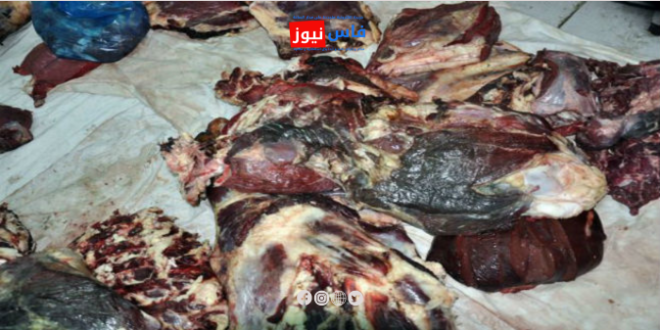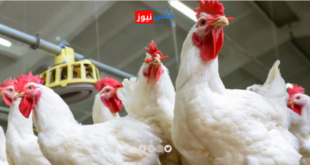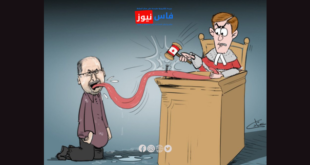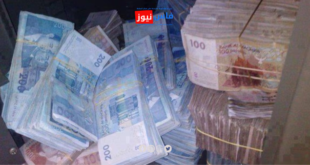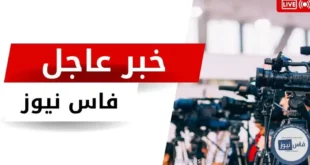A major scandal has rocked the city of Marrakech following the arrest of a butcher accused of selling dog meat to citizens as edible meat. This horrifying incident occurred in the famous Bab Doukkala neighborhood, specifically in the Derb Nakhla market, where the implicated butcher was apprehended in his shop.
According to the information received, the butcher’s arrest came as a result of intensive investigations conducted by the Royal Gendarmerie. These investigations began after the arrest of the main meat supplier a few days ago in the Tassoultante commune, located in the outskirts of Marrakech, which led authorities to uncover this criminal network.
The raid operation resulted in the seizure of a quantity of dog meat that was prepared for sale in the butcher’s shop, which was being marketed as meat fit for human consumption. This criminal act reflects a serious disregard for citizens’ health and food safety, and constitutes a flagrant violation of health and ethical laws.
Sources indicate that investigations are still ongoing, and are expected to reveal a wider network involving other butchers implicated in the same suspicious activity within the Red City. This raises serious concerns about the extent of these dangerous practices and their impact on public health.
This incident brings to mind a similar scandal that shook Morocco in 2018, where seven people were sentenced to 10 years in prison for their involvement in selling dog meat and sick cattle in the city of Mohammedia near Casablanca. It also reminds us of another incident in 2009, where a Moroccan man was imprisoned for six years for selling dog meat as beef.
These incidents highlight the need to tighten control over meat markets and intensify efforts to ensure food safety and protect consumers from such dangerous and unethical practices. They also call for the necessity of educating citizens about the importance of verifying the sources of the meat they buy and reporting any suspicious practices in this field to the authorities.
 فاس نيوز ميديا جريدة الكترونية جهوية تعنى بشؤون و أخبار جهة فاس مكناس – متجددة على مدار الساعة
فاس نيوز ميديا جريدة الكترونية جهوية تعنى بشؤون و أخبار جهة فاس مكناس – متجددة على مدار الساعة

